SFAA Requests Chief Acquisition Officers Council to Provide Flexibilities for Signatures
SFAA Requests Chief Acquisition Officers Council to Provide Flexibilities for Signatures and Seals on Federal Surety Bonds
April 20, 2020 (sent via email)
Re: Need for Urgent Action from Federal Contracting Authorities Regarding the Acceptance of Electronic Bonds, including Use of Electronic Signatures, Electronic Seals, and Electronic Powers of Attorney, Accompanying Federal Contracts during the COVID-19 Pandemic Crisis
Dear Member of the Chief Acquisition Officers Council:
To ensure that federal construction contracts and other federal obligations with security performance guarantees continue to be provided without significant disruption or impediment during the current COVID-19 crisis, the undersigned organizations representing the surety industry and the construction community respectfully request specific and immediate action be taken by federal procuring agencies concerning the treatment of electronic submission of surety bond documents for federal contracts and obligations. It is vitally important to the efficient provision of construction and related services to address needed federal infrastructure and to the wellbeing of individuals working in the surety and construction communities that procurements continue unimpeded during this time of crisis by permitting acceptance of electronic submission of bond documents, including bid bonds and supporting documents, such as powers of attorney. Moreover, other transactions or obligations, when requiring the protection of surety bonds, such as contracts associated with supplies, materials, equipment, durable medical equipment, IT services, among other types of acquisitions, also need to permit acceptance of electronic submission of surety bonds, such as supply bonds, with digital signatures and seals and without notarization.
Most federal agencies typically require contract documents to have “wet ink signatures” on surety bonds and embossed corporate seals on original, printed documents. During this time in which employees of most surety businesses are working remotely from their homes, a requirement that requires physical presence of multiple persons creates the potential for substantial roadblocks and for endangering the health and safety of persons processing such documents. In fact, local and state stay at home orders and adherence to health directives and guidelines makes it virtually impossible for bond producers, acting as attorneys-in-fact for surety companies, and surety principals to sign contract documents in person.
Consequently, NASBP and SFAA request, due to the current pandemic, that federal procuring agencies expressly mandate acceptance of electronically executed and issued surety bonds and powers of attorneys, with e-corporate seals. We also urge suspension of the need for notarization, where required, of such documents during this crisis period, as it requires in-person presence. Remote online notarization (RON) is not a workable alternative because 1) many states do not yet allow it; 2) most of RON is not a widely available option; and (3) where RON is deemed legally acceptable in a minority of states it requires prior certification of the notary.
We note that the Office of Management and Budget Office (OMB) recently issued memo M-20- 16, requiring heads of federal departments and agencies to change operations and services, particularly where people congregate – with exceptions for the protection of public health and safety, including law enforcement and criminal-justice functions. The acceptance of electronic bond documents can be derived from the following point included in M-20-16, “Consider streamlining regulations and approval processes for critical services..”
The U.S. General Services Administration (GSA) already has taken critical action, approving and issuing a class deviation from the Federal Acquisition Regulation, which allows vendors and sureties the use of electronic signatures in lieu of manual signatures and eliminates the requirement for any seals for bonds. A copy of that class deviation is attached for your reference. NASBP and SFAA respectfully request that you undertake immediate action in the same or similar manner to that undertaken by GSA, making the acceptance of electronically generated, executed, and issued bonds clear.
For the welfare of the economy, the efficient provision of essential services to the federal government, and the safety of persons in the distribution chain for surety bonds, NASBP and SFAA, along with the signed organizations below, believe it is imperative for all federal procuring agencies to act quickly to accept electronically generated and/or transmitted bond documents as original documents with the characteristics described in the accompanying memo. Doing so will protect the welfare of thousands of individuals and will facilitate and expedite the critical contracting process for needed services to the federal government during this extraordinary period.
For any questions you may have regarding our request, please contact Larry LeClair, NASBP, Director, Government Relations, at [email protected] or Dalton DeFendis, SFAA, Director of Federal Government Affairs, at [email protected].
We appreciate your immediate attention to and action on this urgent and critical request.
Respectfully the undersigned associations,
American Property and Casualty Insurance Association
American Subcontractors Association
Associated General Contractors of America
National Association of Surety Bond Producers
National Electrical Contractors Association
The Sheet Metal and Air Conditioning Contractors’ National Association
The Surety & Fidelity Association of America
Women Construction Owners & Executives






